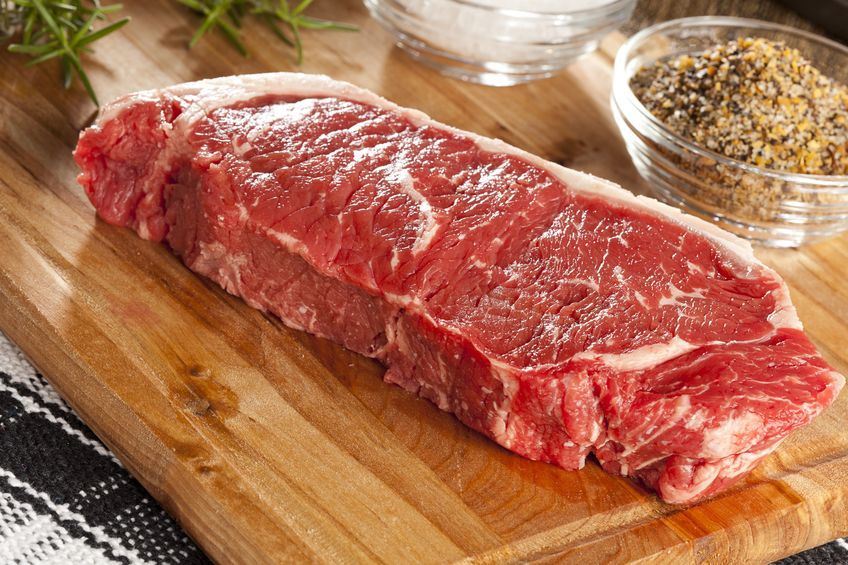
The UK Government must 'seriously consider' introducing a meat tax in order to combat climate change, the Green Party MP Caroline Lucas will say.
In a speech on the last day of the Oxford Farming Conference, Ms Lucas will urge a meat tax to help the farming industry become carbon neutral, The Guardian reports.
She will also say the industry must prioritise “more humane and human-scale methods of livestock farming, together with support for farmers to transition to less livestock”.
“If the world’s diet doesn’t change, we simply can’t avoid the worst effects of climate change,” she will say.
“Better manure management and careful selection of feed can both help reduce greenhouse gas emissions, but – at the risk of incurring the wrath of the energy secretary, who said recently that encouraging people to eat less meat would be the worst sort of nanny state ever – we need serious consideration of measures like a meat tax.”
'Prevent deaths'
The idea of a meat tax was also put forward by the University of Oxford in a study released in November.
It says that introducing a meat tax could prevent almost 6,000 deaths per year in the UK and save the economy more than £700 million.
But the industry remains sceptical. Responding to the claims, Roger Kelsey, chief executive of National Craft Butchers said: “Advances in animal husbandry and modern butchery techniques mean that meat and meat products are produced environmentally more efficiently and are much healthier than in the past.
“Surveys show that overall purchases of meat are up, although individually, consumers are consuming less, being more selective and buying better quality meat and meat products.
“Meat is a popular choice and valuable source of protein and nutrients in a balanced healthy diet. A meat tax would impact disproportionately on the lower paid and deprive many of a valuable food source.”
'Beneficial to human health'
NFU national livestock board chairman Richard Findlay highlighted the benefits of red meat to health.
He said: “Scientific and medical communities both agree consuming recommended quantities of red meat is beneficial to human health and provides the body with a ready source of essential vitamins and minerals.
“British farmers will therefore continue to provide safe, traceable and affordable food for us all to enjoy, whatever our preference, as part of a healthy, balanced diet.”
Phil Stocker, chief executive of the National Sheep Association (NSA), defended the sheep sector and its environmental credentials.
“Our concern is that our unique, grass-based method of sheep production in Britain is hidden within more global and general statistics,” he said.
